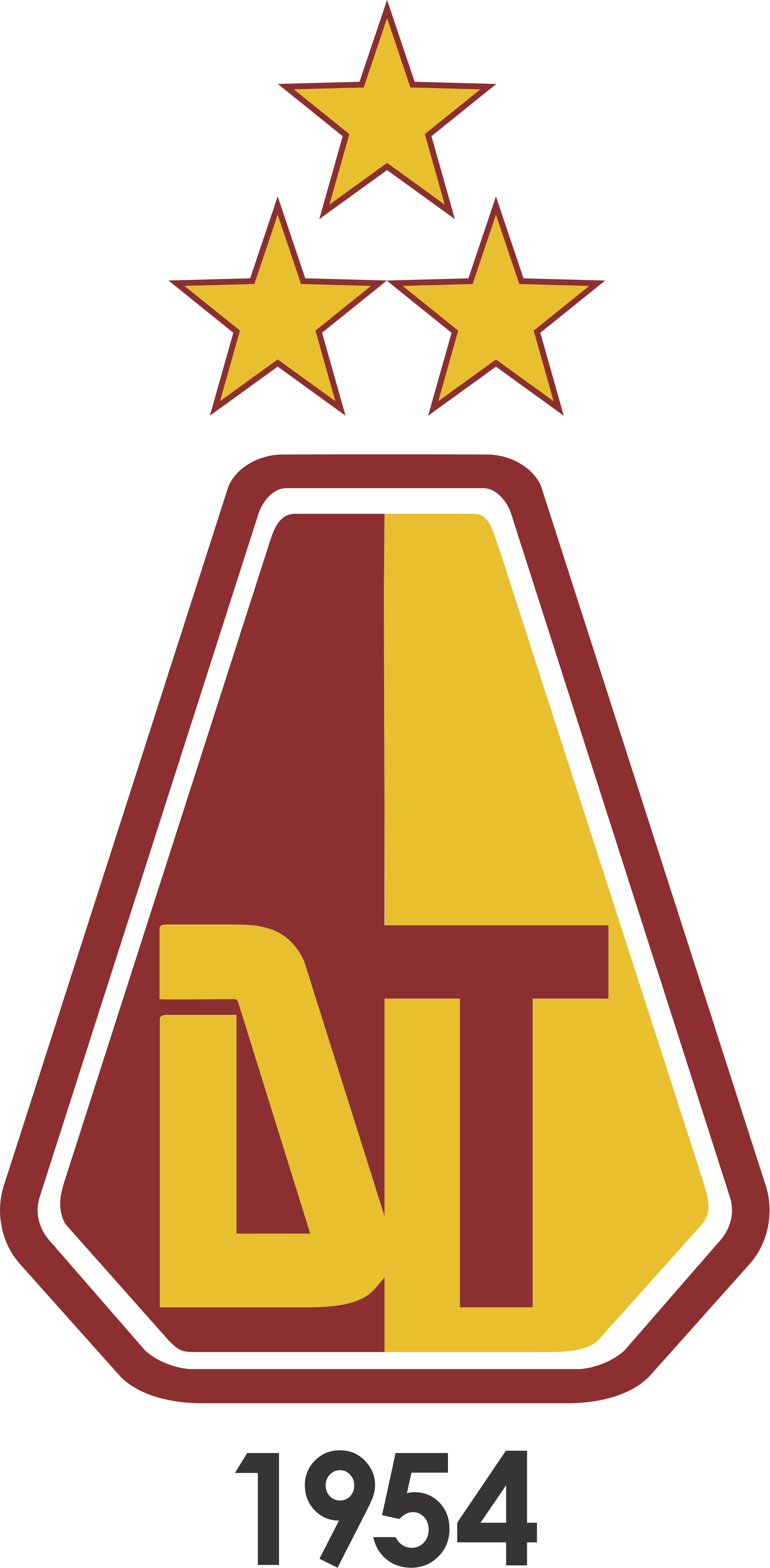Researchers develop new way for AI models to work together
Top Cổng Game Bài Đổi Thưởng Uy Tín
JERUSALEM -- Researchers from Israel's Weizmann Institute of Science (WIS) and Intel Labs have developed a set of algorithms that allow different artificial intelligence (AI) models to "think" and work together as one, WIS said in a statement on Wednesday.
The development, presented at the International Conference on Machine Learning being held in Vancouver, Canada, makes it possible to combine the strengths of different AI systems, speeding up performance and reducing costs, WIS said.
The new method significantly improves the speed of large language models, or LLMs, which power tools like ChatGPT and Gemini. On average, it increases performance by 1.5 times, and in some cases by as much as 2.8 times, the institute said, adding that it could make AI more suitable for smartphones, drones, and autonomous vehicles.
In those settings, faster response times can be critical to safety and accuracy. For example, in a self-driving car, a faster AI model can mean the difference between a safe decision and a dangerous error.
Until now, AI models developed by different companies could not easily communicate or collaborate because each uses a different internal "language", made up of unique tokens.
The researchers compared this to people from different countries trying to talk without a shared vocabulary.
To overcome this, the team developed two algorithms. One allows a model to translate its output into a shared format that other models can understand. The other encourages collaboration using tokens that have the same meaning across different systems, like common words in human languages.
Though initially concerned that meaning might be lost in translation, the researchers found that their system worked efficiently.
The new tools are already available through open-source platforms and are helping developers worldwide create faster and more collaborative AI applications.










